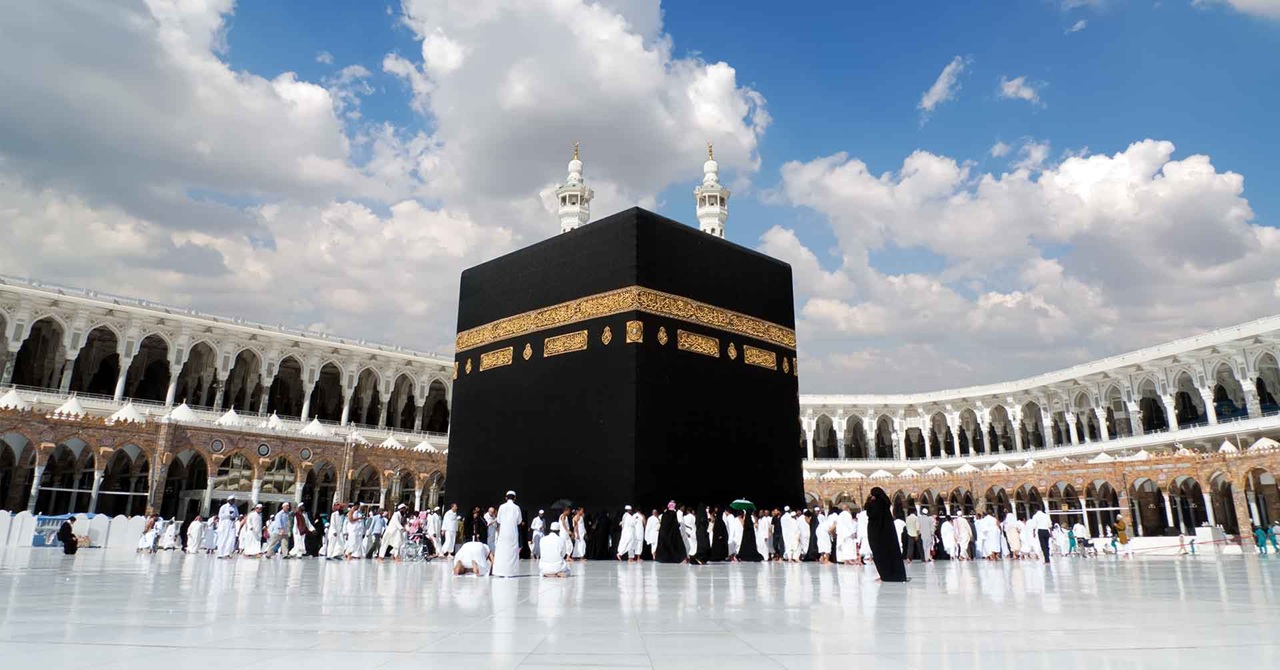Iranian Leader stresses Islamic unity in Hajj as the solution to Muslim crises. How Hajj’s rituals symbolize political and spiritual solidarity against division.
The Leader of the Islamic Revolution, Ayatollah Khamenei, recently declared that Islamic unity in Hajj is the cornerstone of Muslim empowerment. In a meeting with Hajj officials and pilgrims, he framed the pilgrimage as a divine blueprint for governance and collective resistance.
Had Muslim nations prioritized Islamic unity in Hajj’s spirit, tragedies like Gaza and Yemen could have been prevented. This message resonates as the Ummah faces escalating fragmentation.
The Political and Spiritual Dimensions of Hajj
According to Ayatollah Khamenei, Hajj is more than a religious duty—it is a divine model for the governance and organization of humanity. Drawing from Quranic verses that repeatedly use the term al-nas (people), he emphasized that Hajj was ordained not just for Muslims but for all of humanity. In this light, Hajj becomes a universal gathering that transcends borders, ethnicity, and sectarianism.
The form of Hajj is political, but its components are spiritual,” he stated, pointing out that every element of the pilgrimage—from Tawaf to Ramy al-Jamarat—carries symbolic lessons in human dignity, resilience, and the need to stand against injustice.
Key Hajj Rituals and Their Lessons:
1. Tawāf (Circumambulation) – Revolves around Tawhid (God’s Oneness), teaching that just societies root in divine justice.
2. Saʿy (Safa-Marwah Rush) – Embodies perseverance against oppression.
3. Ramy al-Jamarāt (Stoning Satan) – Symbolizes defeating ideological and military aggressors.
4. Iḥrām (Pilgrim Garb) – Represents equality, rejecting ethnic or national divides.
These acts prove Islamic unity in Hajj isn’t symbolic—it’s a survival strategy.
Unity as the Antidote to Oppression
The message of unity was the central theme of Ayatollah Khamenei’s address. He lamented the lack of cohesion among Muslim nations, asserting that had there been true unity and cooperation, tragedies such as the genocide in Gaza or the humanitarian crisis in Yemen would have been averted. This disunity, he warned, is precisely what allows external powers—colonial, imperial, and Zionist—to assert control and exploit divisions for their gain.
The call to unite is not merely sentimental. It is a strategic and moral imperative. In a region where foreign interests often dictate domestic realities, unity among Islamic nations could serve as a buffer against exploitation, fostering regional stability and socio-political empowerment.
The Cost of Muslim Division
Ayatollah Khamenei warned that colonialism thrives on Ummah disunity, citing:
– Zionist occupation of Palestine
– Yemen’s blockade
– Foreign-backed wars in Syria and Libya
If Muslims united, Gaza’s massacres and Yemen’s starvation would end.
3 Benefits of Unity:
– Security: Collective defense against invasions
– Economy: Shared trade bypassing Western sanctions
– Diplomacy: Stronger bargaining in UN/OIC
From Hajj Speeches to Action
The Leader urged:
– Scholars to expose Hajj’s anti-oppression lessons
– Media to counter divisive propaganda
– Governments to align policies with Islamic solidarity
He acknowledged Saudi Arabia’s logistical role but stressed ideological clarity matters more.
Iran’s Hajj Mobilization: A Case Study
2024 Hajj stats show Iran’s organizational model:
86,000 pilgrims in 574 groups
210,000 Umrah travelers in 8 months
Dedicated flights from 23 airports
This year’s slogan: “Hajj: Quranic Unity, Stand With Palestine.”
Conclusion: Unity a Divine Obligation
Islamic unity in Hajj isn’t optional—it’s the antidote to oppression. Until Muslim leaders internalize Hajj’s political dimensions, the Ummah will keep bleeding.
Action Steps:
1. Educate masses on Hajj’s true purpose
2. Boycott divisive sectarian rhetoric
3. Fund unified economic projects
The choice is clear: unite or remain enslaved.

